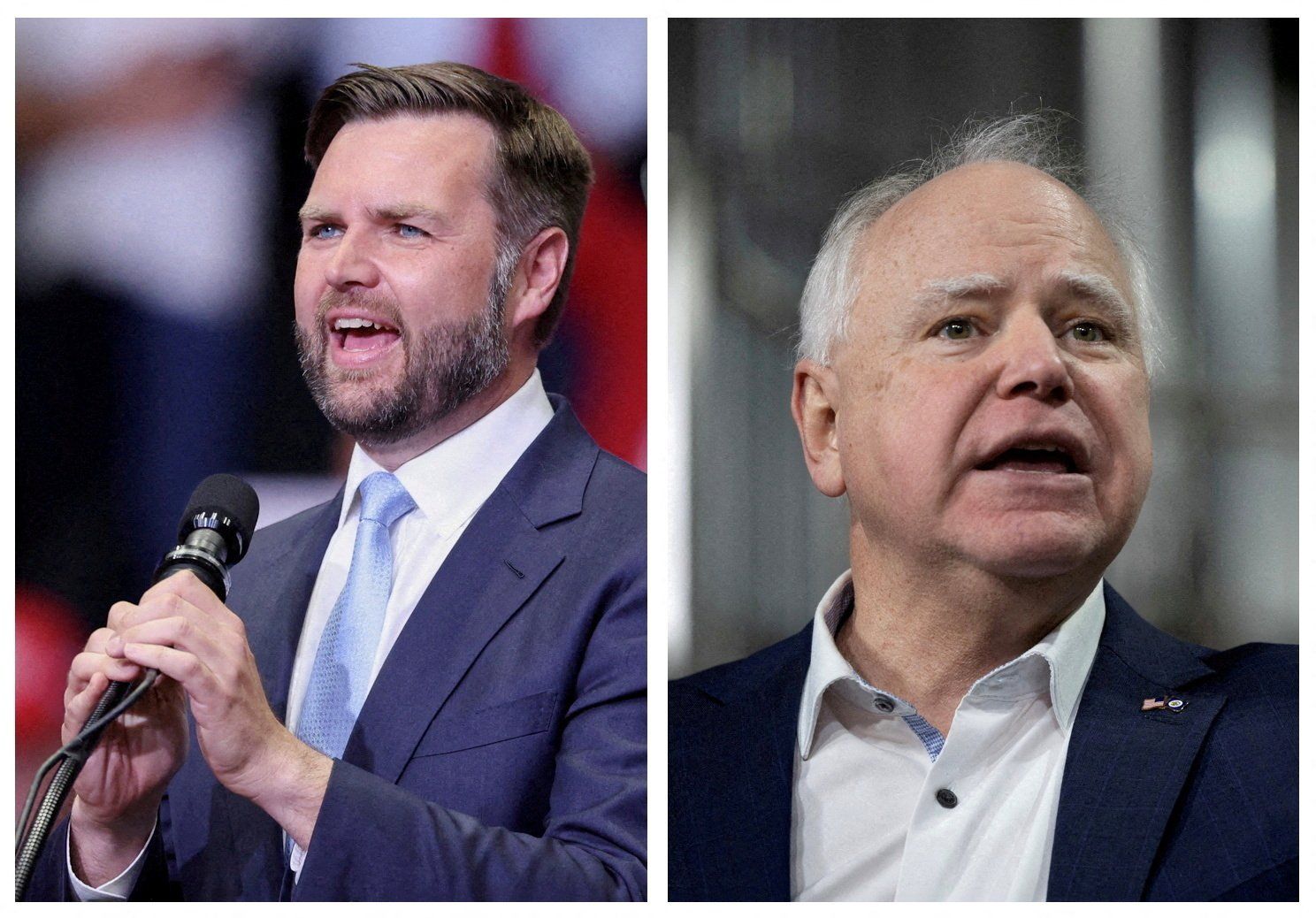September 30, 2024
Political scientists have longdebated the importance of presidential debates, but they tend to agree that vice-presidential debates are simply sideshows without much importance for election results. The most famous moment from any past VP debate was Lloyd Bentsen’s admonition of Dan Quayle as “no Jack Kennedy” in 1988, and it was Quayle’s running mate – then-vice president George Herbert Walker Bush – who easily won that election.
But Tuesday's faceoff between Republican JD Vance and Democrat Tim Walz may be different. National and swing-state polls suggest this might be the tightest presidential race in decades, and there hasn’t been much news in the past week to give either candidate new momentum. The Sept. 10 debate between Donald Trump and Kamala Harris is now old news, and the two don’t appear likely to debate again. That may spark more interest in tonight’s faceoff.
The current stalemate may also increase the audience for tonight’s vice-presidential debate, Vance, currently a senator from Ohio, will likely prove much more disciplined than Trump did against Harris in advancing the campaign’s strongest arguments and exploiting Harris’ biggest vulnerabilities. Walz, the Democratic governor of Minnesota, will be introducing himself to many voters who haven’t yet heard the sound of his voice. His humor and Midwestern accent may marginally boost Harris’ chances in Wisconsin, Michigan, and Pennsylvania, the states that offer her the likeliest path to victory.
Will you be watching? If so, check out GZERO's debate bingo card!
More For You
- YouTube
Europe can no longer rely on the US and must step up to defend its own future, Ian Bremmer reports from the Munich Security Conference.
Most Popular
Think you know what's going on around the world? Here's your chance to prove it.
A poster featuring Andrew Mountbatten-Windsor, formerly known as Prince Andrew, is installed on a sign leading to the parking area of the Sandringham Estate in Wolferton, as pressure builds on him to give evidence after the U.S. Justice Department released more records tied to the late financier and convicted sex offender Jeffrey Epstein, in Norfolk, Britain, February 5, 2026.
REUTERS/Isabel Infantes
British police arrested former Prince Andrew Mountbatten-Windsor today over allegations that in 2010, when he was a UK trade envoy, he shared confidential government documents with convicted sex offender Jeffrey Epstein.
© 2025 GZERO Media. All Rights Reserved | A Eurasia Group media company.
